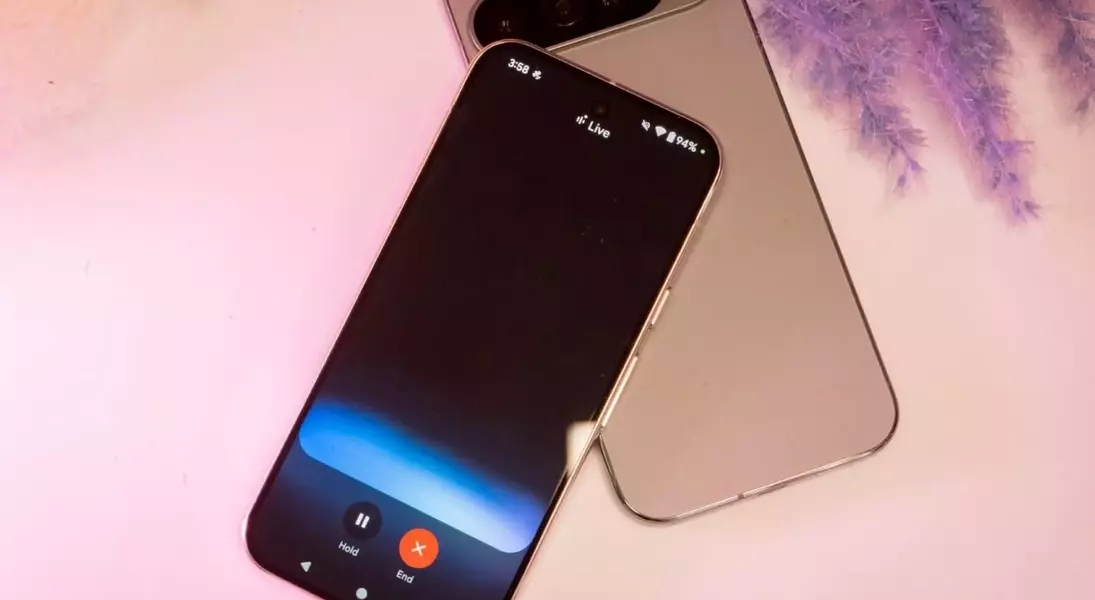
In a significant shift for Android users, Google is poised to introduce "Hey Gemini" as an alternative wake word for its digital assistant. This move signals the deep integration of Gemini into the Android ecosystem and marks a transition away from the familiar "Hey Google." The change aims to promote Gemini, Google's advanced AI chatbot, while gradually phasing out the older assistant model. Observers speculate that this transition will likely occur soon, possibly during upcoming product showcases or at Google I/O 2025.
The Dawn of a New Assistant Paradigm
In the heart of Silicon Valley, whispers of change have been circulating among tech enthusiasts. In recent weeks, code sleuths like Shiv, known online as AssemblyDebug, uncovered intriguing strings in the beta version of the Google app. These hints suggest that "Hey Gemini" could soon join "Hey Google" as a viable voice command. The discovery aligns with Google’s January announcement, where a promotional video showcased a user invoking Gemini with the new phrase before receiving an AI-generated response.
Google has already begun merging Gemini with its existing services. Currently, saying "Hey Google" triggers Gemini, indicating the assistant's complete takeover. With both commands potentially coexisting, Google seems intent on promoting "Hey Gemini" more aggressively, possibly leading to the eventual obsolescence of "Hey Google." The timing of this shift remains uncertain, but it could coincide with major events such as Google I/O 2025 or the unveiling of new products like the Google Pixel 9a.
Furthermore, Google’s efforts to enhance Gemini’s capabilities are evident. Recent updates have improved image and video comprehension, bringing Gemini closer to the ambitious goals set by Project Astra. The company is also pushing Gemini into various applications, making it increasingly central to the Android experience. For instance, Google has made Gemini appear as if you're talking directly to it on your phone, minimizing the Live interface to streamline interactions.
A Strategic Push for Dominance
Behind these changes lies a strategic imperative: Google needs more users to engage with Gemini. Internal conversations cited by the Wall Street Journal reveal CEO Sundar Pichai’s ambition to surpass OpenAI’s ChatGPT in user numbers. While ChatGPT boasts around 400 million weekly active users across Android and iOS, Gemini lags significantly in downloads. To boost adoption, Google offers incentives like free year-long subscriptions when purchasing new devices, aiming to make Gemini indispensable for Android users.
This push extends beyond marketing tactics. The integration of cross-app capabilities in upcoming Android updates, similar to those seen in Samsung’s Galaxy S25 phones, underscores Google’s commitment to embedding Gemini deeply within the Android framework. As Gemini and Android become increasingly intertwined, users may find themselves interacting with the AI chatbot more frequently, whether by choice or necessity.
From a journalist’s perspective, this transition reflects a broader trend in technology: the convergence of AI and everyday devices. By embracing "Hey Gemini," Google is not just redefining how we interact with our phones; it’s setting the stage for a future where AI assistants play a central role in our daily lives. This shift invites us to consider the implications of such reliance on AI and the potential transformation of user experiences in the coming years.
